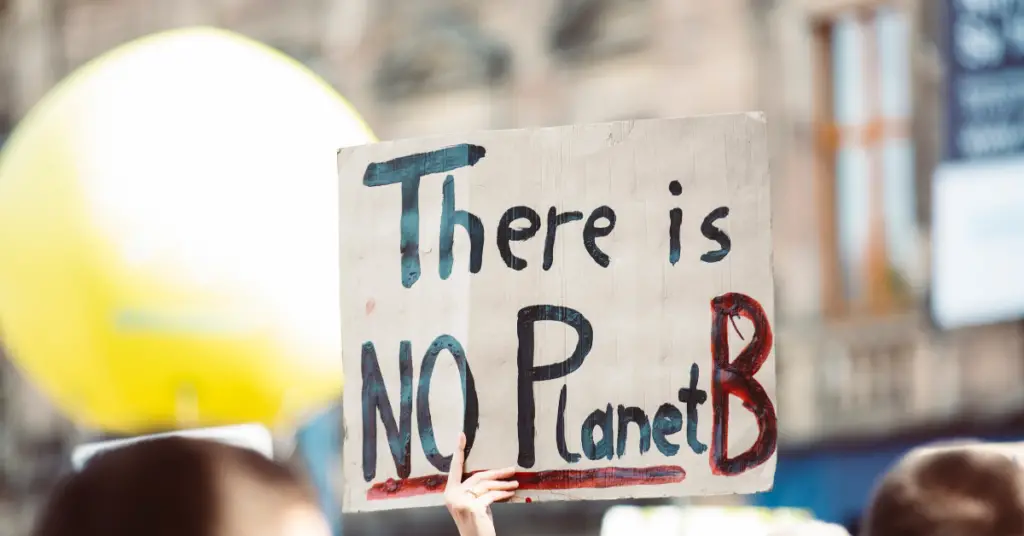This section sets out what the WWF’s 2007 Climate Solutions Report says needs to be done to meet the world’s growing energy needs without further damaging the global climate.
Reducing people’s energy consumption is an essential part of reducing greenhouse gas emissions;
Stop forest loss. Caring for plants that store carbon dioxide like trees is an important way to reduce the impact of carbon dioxide emissions.
Accelerating the development of low-emission technologies.
Practical, available, and reasonably priced alternative energy sources such as wind, hydro (water), biomass (fuel from natural materials such as crops and agricultural waste), and solar energy are considered renewable. People can’t consume wind or sun, for example, in the same way, that they can consume fossil fuels. Alternative energy sources also have the advantage of producing little or no greenhouse gas emissions.
At the same time, technologies must be studied and implemented to reduce emissions from existing energy sources. Replace high carbon coal with low carbon gas.
Most developed countries are now focusing on reducing or eliminating waste by educating residents and businesses on how to reduce the amount of waste they are responsible for, how to reuse as much as possible, how to recycle what cannot be reused and how to compost household and garden waste.
What could we do to reduce global warming?
Living a green life very locally helps a lot to make changes globally because every positive change you make has a ripple effect. Reducing your energy use, for example, means you burn less fossil fuels, which means that fewer greenhouse gases are released into the atmosphere, which in turn causes less global warming and protects more of the environment. Sure, the effect seems minimal given the magnitude of ‘s environmental issues, but as history shows, humans can create huge waves of change; You just have to be consistent and persistent.
You can make a lot of changes to your own lifestyle, right? Take your own personal responsibility and make an immediate difference in your home and community. You can also help those around you to adopt a similar green approach by getting involved in the community and even international initiatives like volunteering.
Writing letters on issues such as waste reduction, greening the local community’s vehicle fleet, and alternative energy sources to the newspaper, magazine, and website publishers and to your local, state, and federal politicians.
Get involved in international lobbying, policy, or research organization that supports the environment.
Much of the advice in this blog is simple and can be started right away without major lifestyle changes. If you act, will help turn the tide and provide hope that the planet can support its future generations—your grandchildren and great-grandchildren.

Erzsebet Frey (Eli Frey) is an ecologist and online entrepreneur with a Master of Science in Ecology from the University of Belgrade. Originally from Serbia, she has lived in Sri Lanka since 2017. Eli has worked internationally in countries like Oman, Brazil, Germany, and Sri Lanka. In 2018, she expanded into SEO and blogging, completing courses from UC Davis and Edinburgh. Eli has founded multiple websites focused on biology, ecology, environmental science, sustainable and simple living, and outdoor activities. She enjoys creating nature and simple living videos on YouTube and participates in speleology, diving, and hiking.

